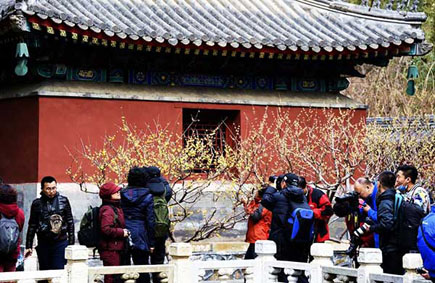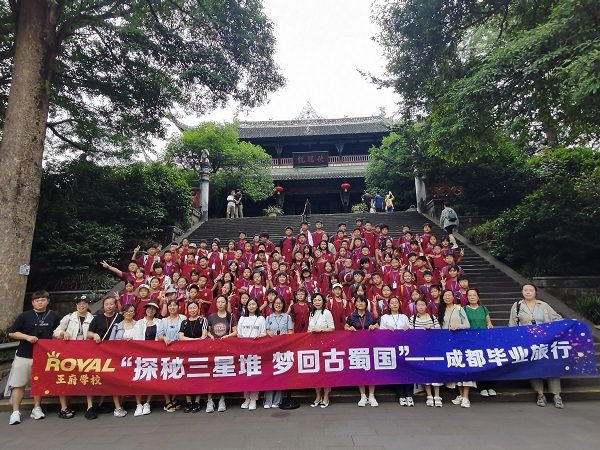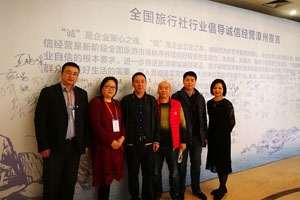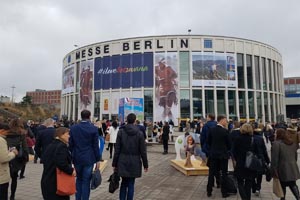search for a Trip
Mass tourism era can be expected as Premier Li encourages paid vacations

One of the new notions Premier Li Keqiang put forward in this year's Government Work Report on March 5 is a "New era of mass tourism".
In it, the phrase "Paid vacations" appears again as a fundamental aspect of the trend. "We will ensure people are able to take their paid vacations, strengthen the development of tourist and transport facilities, scenic spots and tourist sites, and recreational vehicle parks, and see that the tourist market operates in line with regulations. With these efforts, we will usher in a new era of mass tourism," he said.
Premier Li's mention of "Paid vacations" has ignited widespread public reactions. Liang Jianzhang, co-founder of Ctrip (a leading online travel agency), who views tourism as the most promising industry in the future, believes that the implementation of "Paid vacations" is an incentive to Chinese economy. He maintains that "the average number of travels made by Chinese tourists is still far below that of the developed countries, so in the decades to come, China's tourism industry will have to make great strides and will eventually become a significant driver for economic growth. During this process, opportunities for innovation and employment will increase".
In Liang's opinion, facilitating paid vacations can bring a new cycle of tourism consumption and investment-as long as competent travel products can be developed, stable profit can be expected in the long run.
As far as public holiday arrangement is concerned, several proposals emerged into the spotlight during the ongoing two sessions, all of which focus on a modification of the current holiday arrangement.
NPC deputy, deputy director of Shaanxi Provincial Tourism Bureau CSU Mingzheng proposes that the Spring Festival holiday should be extended to 10-12 days from the current 7-day vacation.
Xu said his suggestion is based on the fact that the 7-day holiday is so short that people spend more time on the road more than the time they spend with their families, and many social problems also arise from the crowded scenic spots and traffic jams, while an extension of the Spring Festival holiday, which now is one of the two longest vacations periods in China (the other major vacation is October’s National Day holiday) and makes up a big part of the outbound tourism market, can “better satisfy people’s needs to have more time for family reunion, and at the same time boost consumption, stimulate internal demands and facilitate an upgrade of economic development, plus ease traffic pressure brought on by intensive travel demands in such a short holiday period”,said Xu.
An even bolder proposal comes from Huang Xihua, NPC deputy and director of Huizhou Tourism Bureau in Guangdong province.
She proposes that each month should have a 'golden week', specifically, she wants people to only take one weekend day off in the first three weeks of a month, and reschedule the remaining three days to the end of the month and together with the fourth weekend, people can have a five-day holiday. Huang maintains that this mode needs a pilot run in some places, and this initiative is a good reform direction for both scenic spots and those holidaygoers.
Voices come from all directions and because of the various requirements and conditions in different regions and industries, implementation is an even tougher task than policy-making. However, what can’t be denied is the substantial potential China has for tourism and Chinese people’s ever-increasing need to upgrade their consumption style. According to reports of the National Tourism Administration, In 2015, 120 million Chinese went overseas and spent $104.5 billion.
"Tourism is a high-level spiritual need", said Liang Jianzhang, and this inner driving force can definitely lead China into an era of mass tourism.
More Attractions






